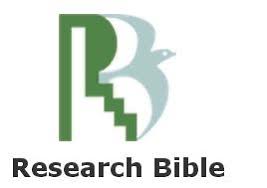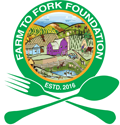Impacts of dairy farm’s wastewater irrigation on growth and yield attributes of maize
Keywords:
Wastewater, Irrigation, Fertilizer, MaizeAbstract
An experiment was conducted at the experimental field of the Bangladesh Agricultural University (BAU) to investigate the effects of dairy farm’s wastewater irrigation on maize (Zea mays L. cv. BARI hybrid-9) production and soil health during 5 February 2016 through 14 May 2016. Two factors were involved in the experiment: irrigation and fertilizer. Irrigation had three treatments - I1: Irrigation with fresh water, I2: Irrigation with mixed water (fresh water: dairy farm’s wastewater = 1:1) and I3: Irrigation with raw wastewater. There were three fertilizer treatments - F0: No fertilizer, F1: Half of recommended dose fertilizer and F2: Full dose fertilizer. The experiment was laid out in a split-plot design with three replications. The irrigation treatments were applied in the main plots and the fertilizer treatments in the sub-plots. Maize was grown with two irrigations applied at 28 and 86 days after sowing (DAS). Wastewater contained different nutrients and organic matter, which optimistically contributed to the growth and yield attributes of maize. Various growth and yield data of the crop were recorded. For the effect of irrigation water quality, the highest grain yield (10.89 t ha-1) was obtained under I3 and the lowest grain yield (7.95 t ha-1) was obtained under I0. For the effect of fertilizer, the highest grain yield (11.70 t ha-1) was obtained under F2 and the lowest yield (8.56 t ha-1) was obtained under F0. The interaction effect between irrigation and fertilizer exerted significant impact on grain yield of maize. The highest grain yield (11.41 t ha-1) and water use efficiency (2125 kg ha-1 cm-1) were obtained under I3F0 (wastewater irrigation with no fertilizer application) and I3F2, respectively. The lowest values of grain yield (7.657 t ha-1) and water use efficiency for grain production (697.3 kg ha-1 cm-1) were obtained under I1F0. The highest 1000-grain weight of 417.7 g was obtained under I3F2 and the lowest of 239.7 g was obtained under I1F0.
Downloads
Downloads
Published
How to Cite
Issue
Section
License
Copyright (c) 2017 by the author(s). This work is licensed under a Creative Commons.

This work is licensed under a Creative Commons Attribution-NonCommercial 4.0 International License.





















